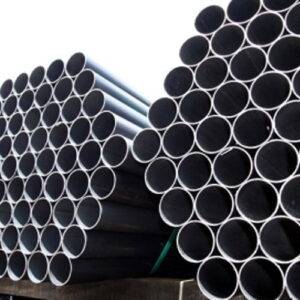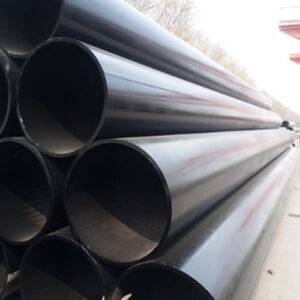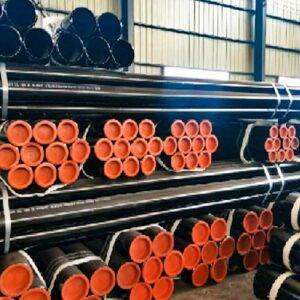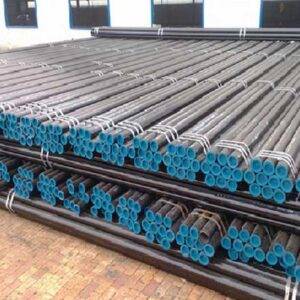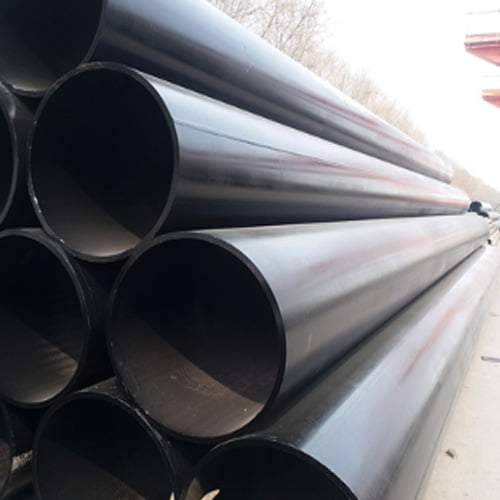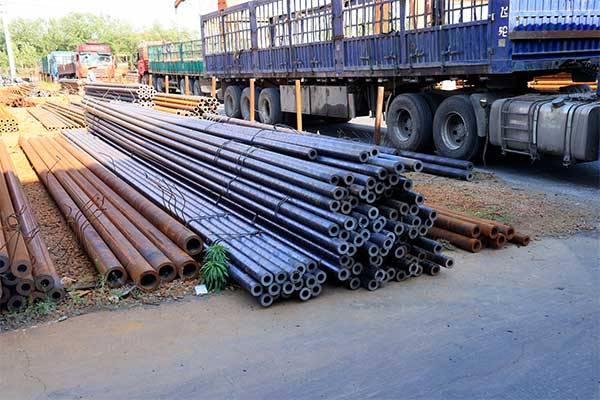Welcome to My Blog!
Before we dive into the content, I’d love for you to join me on my social media platforms where I share more insights, engage with the community, and post updates. Here’s how you can connect with me:
Facebook:https://www.facebook.com/profile.php?id=61559060896490
Now, let’s get started on our journey together. I hope you find the content here insightful, engaging, and valuable.
Introduction
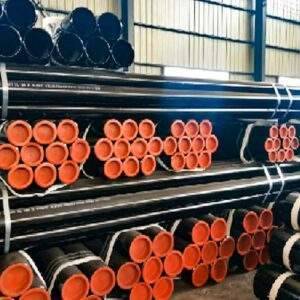
API pipe lines are the arteries through which oil and gas are transported across vast distances. They are engineered to meet strict standards set by the American Petroleum Institute to ensure safety, reliability, and efficiency. As the demand for energy grows, the importance of API pipe lines in facilitating the transport of oil and gas cannot be understated.
Understanding API Pipe lines
To appreciate the role of API pipe lines, it’s essential to understand their design, construction, and the standards they adhere to.
What Are API Pipe lines?
API pipelines are a series of interconnected pipes that transport crude oil, natural gas, and petroleum products. These pipelines are designed and constructed according to the API’s rigorous standards to ensure they can withstand the pressures and conditions associated with the transport of hydrocarbons.
Key Features of API Pipe lines
- Material and Construction: API pipelines are typically made from high-strength steel that can resist corrosion and withstand the internal pressures of the transported fluids.
- Coating and Cathodic Protection: To prevent corrosion, API pipelines are coated and equipped with cathodic protection systems that shield the pipe from the elements.
- Monitoring and Control Systems: Advanced monitoring systems are in place to detect leaks, pressure changes, and other anomalies that could indicate a potential problem.
The Importance of API Pipe lines in Energy Transportation
API pipe lines are vital for the efficient and safe transportation of oil and gas. They offer several advantages over other modes of transportation.
Efficiency and Cost-Effectiveness
API pipe lines provide a cost-effective solution for the bulk transportation of oil and gas over long distances, reducing the need for multiple modes of transport and associated costs.
Safety and Environmental Protection
The strict standards set by the API ensure that pipe lines are built and operated safely, minimizing the risk of spills and leaks that could harm the environment.
Reliability and Continuity of Supply
API pipe lines offer a reliable means of transportation, ensuring a continuous supply of oil and gas to meet the demands of industry and consumers.
Applications of API Pipe lines
API pipe lines are used in a variety of applications within the oil and gas industry and beyond.
Oil and Gas Transportation
API pipe lines are used to transport crude oil and natural gas from wells to refineries and processing plants.
Distribution to End Users
Processed petroleum products, such as gasoline and diesel, are transported through API pipe lines to distribution centers and eventually to end users.
International Trade
API pipe lines facilitate international trade in oil and gas, connecting producing countries with those that have a demand for these resources.
A Comparative Analysis of API Pipe lines
To provide a clearer picture of the advantages of API pipelines, here’s a comparative analysis of different transportation methods:
API Pipeline Transportation Comparison Table
| Transportation Method | Capacity | Cost | Safety | Environmental Impact | Dependence on Weather |
|---|---|---|---|---|---|
| API Pipelines | High | Low | High | Low | None |
| Trucks | Low | High | Medium | High | Dependent |
| Railways | Moderate | Moderate | High | Moderate | Some |
| Vessels | High | Moderate | Medium | High | Dependent |
This table provides a snapshot of how API pipelines compare to other transportation methods in terms of key factors that are often considered in the oil and gas industry.
Challenges and Considerations for API Pipe lines
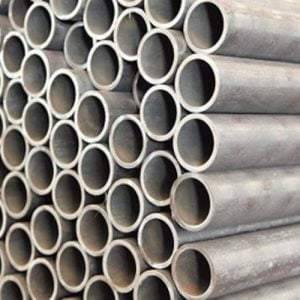
Despite their numerous benefits, API pipelines also face challenges and considerations that must be addressed.
Maintenance and Repair
API pipelines require regular maintenance and periodic repairs to ensure their ongoing integrity and safety.
Regulatory Compliance
API pipelines must comply with a host of regulations and standards, which can be complex and subject to change.
Technological Advancements
The industry is continually evolving, with new technologies emerging that can enhance the efficiency and safety of API pipelines.
Environmental Concerns
Environmentalists and communities often express concerns about the potential impact of API pipelines on ecosystems and wildlife habitats.
Conclusion
API pipelines are a critical component of the global oil and gas transportation network. Their ability to transport large volumes of hydrocarbons safely and efficiently makes them an indispensable part of the energy infrastructure. As the world continues to rely on oil and gas, the role of API pipelines in ensuring a stable supply will only grow in importance.
FAQ
Q: What are the main benefits of using API pipelines for oil and gas transportation?
A: The main benefits include efficiency, cost-effectiveness, safety, reliability, and a reduced environmental impact compared to other transportation methods.
Q: How do API pipelines ensure safety during transportation?
A: API pipelines ensure safety through strict construction standards, regular maintenance, advanced monitoring systems, and emergency response plans in case of leaks or spills.
Q: What are the environmental concerns associated with API pipelines?
A: Environmental concerns include potential spills, impacts on wildlife and ecosystems, and the contribution to greenhouse gas emissions. However, API pipelines are designed and operated to minimize these risks.
Q: How do API pipelines compare to other modes of transportation in terms of cost?
A: API pipelines are generally more cost-effective for bulk transportation over long distances compared to trucks, railways, and vessels, which can be more expensive and have higher variable costs.
Q: What role do API pipelines play in international trade?
A: API pipelines play a significant role in international trade by connecting oil and gas resources to global markets, facilitating the flow of energy resources between countries.


